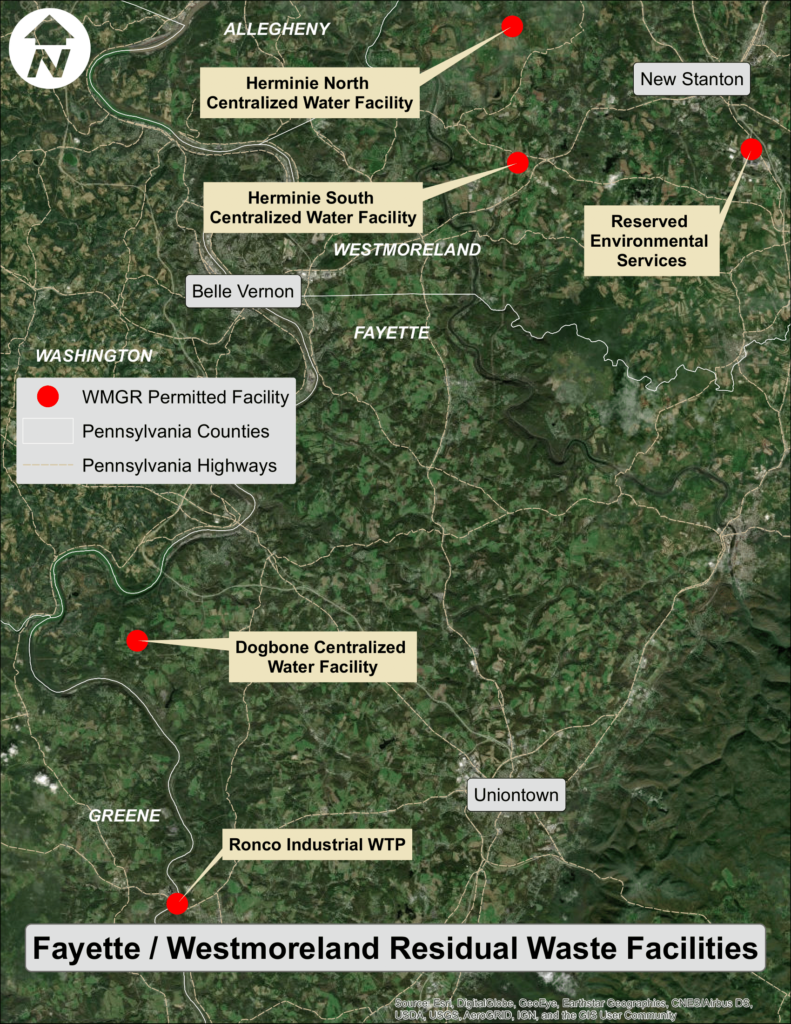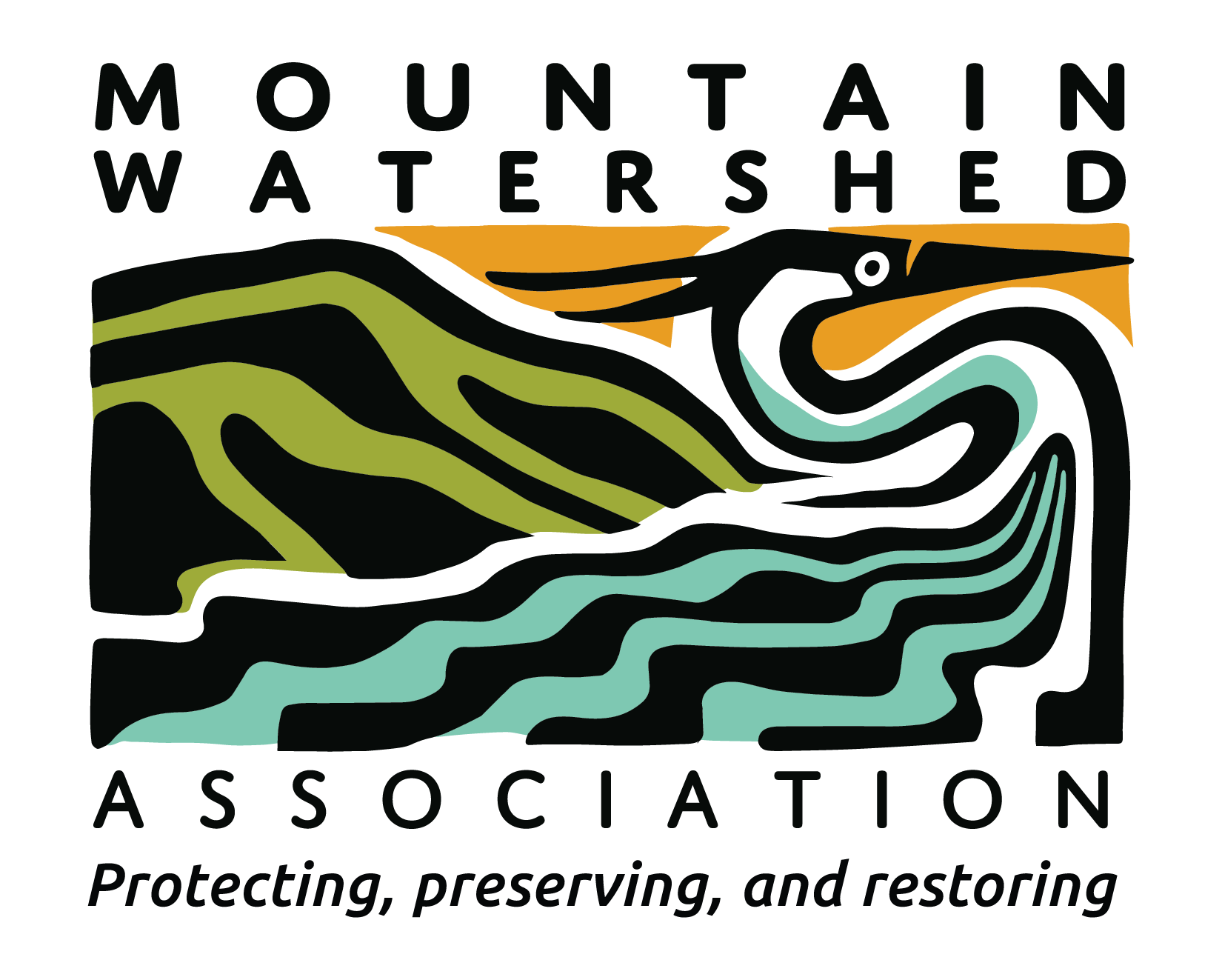On March 20, 2021, the Department of Environmental Protection released 49 residual waste permits, which are now up for public comment. These permits are for facilities that store and process waste from the shale gas industry, known as “residual” waste, which has been shown to contain radioactive pollutants at levels thousands of times higher than what is safe for human exposure. Of the 49 permits released in PA, five are located in Fayette and Westmoreland Counties, and 11 are in the southwest region of the state. For instance, one facility known as Reserved Environmental Services near Mount Pleasant, PA operates a 10,000,000-gallon impoundment that stores effluent from wastewater.
A period is now open for the public to submit questions or concerns they may have regarding any of the 49 residual waste sites in Pennsylvania up for renewal. The public comment period is open because the Pennsylvania Department of Environmental Protection (DEP) is renewing the permits and will incorporate input from the public as the DEP reviews the updated permit materials. Under the current permitting scheme, this opportunity for public comment comes only once every ten years.
Over the last few years, the fight against fracking wastewater treatment and disposal facilities has been picking up speed across the state, especially in Southwestern Pennsylvania. As the natural gas industry continues to expand, the industry is struggling to find ways to dispose of their flowback wastewater. The full chemical composition of this wastewater is not fully understood, which makes properly treating it nearly impossible. Studies have shown that the wastewater often contains high levels of salt, various organic and inorganic chemicals, biocides, heavy metals, and radioactive materials. Radioactive contaminants, such as radium, have been measured in residual waste at levels thousands of times higher than what is acceptable by safe drinking water standards. Research out of the University of Texas also found that contaminated water near drilling sites contained increased levels of dangerous bacteria that are particularly difficult to kill with chlorination, disinfectants, and antibiotics. The risks posed by shale gas waste in our region have been highlighted recently by investigative journalists Justin Nobel in Rolling Stone’s “America’s Radioactive Secret” and Eliza Griswold in the New Yorker’s “When The Kids Started Getting Sick”.

If you live near any of the sites highlighted on the map and are interested in reviewing the site’s permit renewal documents or have any questions about submitting comments, please contact MWA’s Community Advocate, Melissa Marshall at: melissa@mtwatershed.com or 724-255-4200 x7#
Final comments must be submitted to the DEP by May 20th. Commenters should send them via email to the Southwest Regional Office at: RA-EP-EXTUPLNERO@pa.gov.

